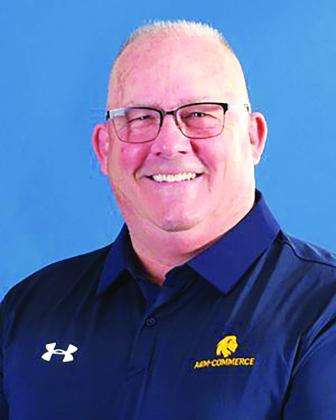I serve as a consultant researching rules and regulations on interscholastic questions. Serving as a consultant for state athletic regulations on athletics in public schools, I understand rules can be interpreted many ways. Usually questions are about eligibility, athletic participation, and practice rules. Many times, the violations are honest mistakes. How people respond to mistakes shows their true character. I recently got a phone call from a parent who was concerned about what would happen to their child if the school was found in violation of state rules. Parents should notify the coach about their questions and let them respond. Students are rarely punished for a coaching error, although sometimes students do become ineligible.
If a coach does not admit their mistake, then what should parents do? If the issue has not been brought to the attention of state authorities or if state authorities are not pursuing the violation, then what should the parent do? Should they push the issue? Parents should share their concerns with the coach and if the coach does not address the concerns, then I would suggest notifying the athletic director. If the coach is the athletic director, then consult the principal. Since the state is not investigating the violation then I believe their child and the other students will be fine. More than likely a violation was not violated, and the parent just needs explanation.
Breaking rules is rampant in interscholastic sports today. There is a tremendous amount of pressure on coaches to win. One-way coaches respond to this pressure is by bending rules just a tad. Those who bend rules, convince themselves they are not really doing anything wrong. Many times, they do not know they were breaking a rule(s). After they learn they have violated a rule, their true character is defined by what they do next. Do they self-report and correct the problem or do they let it continue and hope they get by with a violation.
Violators use a little smoke and mirrors on themselves, sealing their dishonesty off into a windowless room and only taking it out when they need it. They rationalize their dishonesty, giving the illusion a violation was never there. When violators are confronted, they will often self-righteously deny they were bending the rules. They use an explanation of a wrong rule to hide their original dishonesty. The idea is if you deny a violation long and hard enough, it won't be considered a violation.
If you win by bending the rules, your victory means nothing. Just because competitors may be going against the rules, doesn't mean an upright person would engage in the same corrupt practices to stay competitive. Cheating doesn't make you competitive. Instead, it completely removes you from the competition.
Thought for the week: “There's strong data that, within companies, the number one reason for ethical violations is the pressure to meet expectations, sometimes unrealistic expectations.” - Stephen Covey Dr. Jack Welch is an educator and college football coach. His doctorate is in educational administration, and he has been an educator, administrator, and football coach, mentoring young minds, for over 40 years. He is also the author of Foundations of Coaching. He can be reached at jackwelch1975@ gmail.com.


